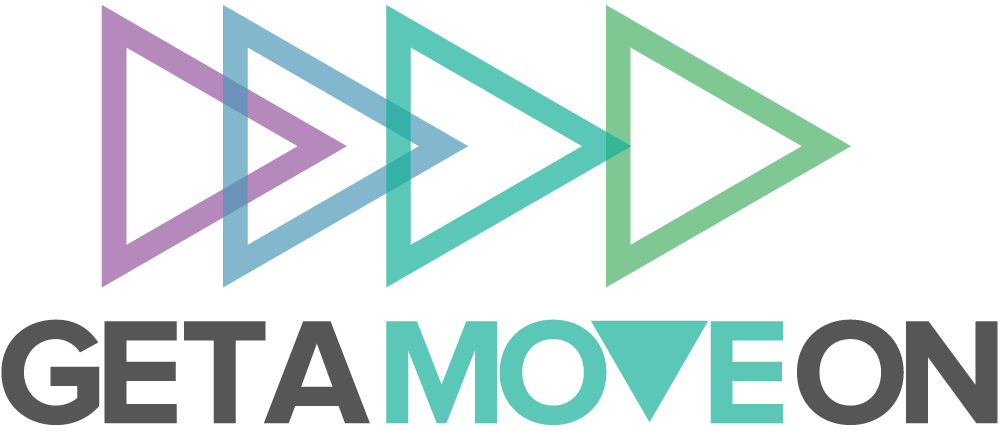Accessibility statement
Website accessibility statement for www.GetAMoveOn.ac.uk
Overview
This website is run by the GetAMoveOn Network+. We have taken steps to evaluate how accessible it is and, where feasible, have tried to correct some simple things which may make some of the content inaccessible to some people. However, it is not fully accessible. The points where it does and doesn’t comply with accessibility standards are set out below. We have also explained below why we have not corrected some non-compliant content. We also give details of how to contact us about any content that you are having difficulty accessing, and who to contact if you aren’t satisfied with our response.
How did we evaluate the accessibility of this website?
The accessibility of this website was assessed on 15 September 2019 using the checklist for WCAG 2.1 compliance published by the UK Government which was downloaded from that site on 29 August 2019.
We did not carry out a full, detailed technical audit as we judged this to be a ‘disproportionate burden’. In deciding this we took into consideration the burden that paying for a detailed check would put on the GetAMoveOn Network+ and the benefits of ensuring that our website is fully accessible.
The Network staff consists of one part-time administrator whose time is very limited. The administrator manages the website content using a WISYWIG CMS. They do not have any technical skills. There is no provision in the budget for technical web maintenance. We therefore do not have the financial or human resources to carry out a detailed accessibility assessment.
At the time of writing (September 2019) the GetAMoveOn Network has entered the fourth and final year of its funding. To carry out a full accessibility assessment would divert significant resources from the completion of our core purpose.
Furthermore, although from September 23rd 2020 it is a legal requirement for websites to be made accessible unless it would be a 'disproportionate burden' to do so, the GetAMoveOn project ends soon after that on December 4th 2020. After that no further content will be added the website and it will, in effect, be archived. It may even be taken down, though no decision has yet been made on this. We cannot justify diverting significant resources to ensure the accessibility of the website given its short future life.
While we acknowledge that accessibility is an end in itself, not just a question of legal compliance, and that the purpose of making websites accessible is to meet the needs of as many users as possible, our intended audience is limited. Our content is primarily aimed at Network members and other researchers and practitioners with an interest in our remit. We recognise that this audience may include people who have a disability and who would benefit from our site being fully accessible, but none has ever notified us of any problems accessing our website content. We have no content or services specifically aimed at people who have or are likely to have a disability.
Does this website comply with accessibility standards?
You can download a PDF detailing compliance and non-compliance of this site. It sets out the points on the checklist that this website complies with, those it does not comply with, the ones we don’t know whether it complies or not, and the ones that are not applicable to this website.
Will we correct any points of non-compliance?
We have considered whether it would be a ‘disproportionate burden’ to correct any points of non-compliance. We have concluded that it would be, for the same reasons set out above.
How to get copies of any content that is not accessible
Before the end of June 2020:
If you need to access any content that is not accessible, please contact gamo@ucl.ac.uk We will consider your request and get back to you within 14 days.
After the end of June 2020:
Please note that as the GetAMoveOn project ends and will cease to exist in June 2020, this email inbox will not be checked after June 2020.
What to do if you are not happy with our response
The Equality and Human Rights Commission (EHRC) is responsible for enforcing the Public Sector Bodies (Websites and Mobile Applications) (No. 2) Accessibility Regulations 2018 (the ‘accessibility regulations’). If you’re not happy with how we respond to your complaint, contact the Equality Advisory and Support Service (EASS).







